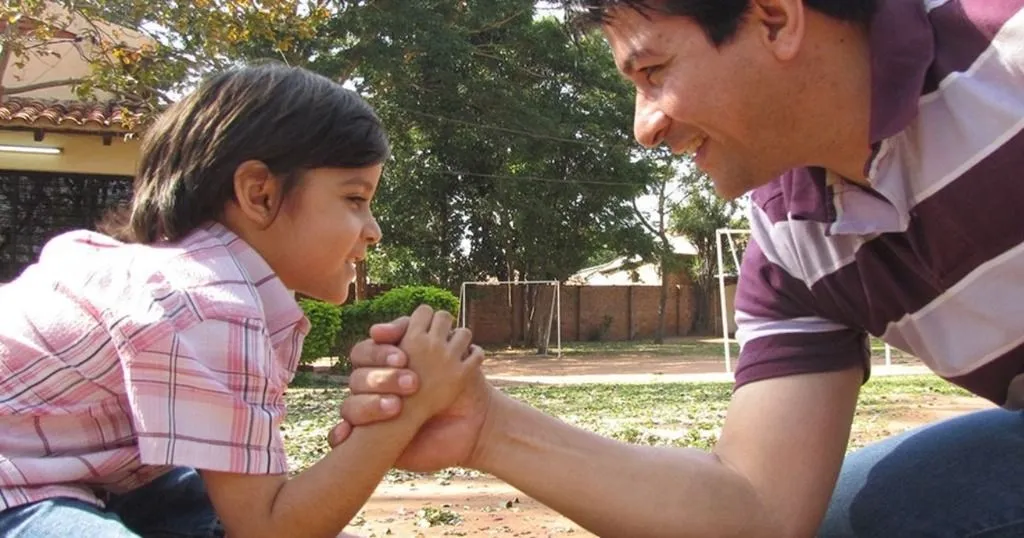Top 5 blog posts about autism
World Autism Awareness Day is an internationally recognized day on April 2nd. A good reason to sum up the top 5 best read blog posts about autism of the last year for you.
Posted by
Published on
Mon 02 Apr. 2018
Topics
| Autism | FaceReader | Parent-child Interaction | The Observer XT |

Each year, April transforms into World Autism Awareness Month. Events and educational activities take place throughout the month to increase understanding and acceptance of autism and foster worldwide support.
Awareness - Action - Acceptance - Appreciation
Autism has a big impact on someone's life. Everything that people with autism see, hear, smell, and feel is processed in a different way, and that offers a diverse mix of strengths and weaknesses. For example, people with autism often have a good eye for detail, and they are honest, straightforward, analytical, and hard-working. However, they can have difficulty processing everyday sensory information and maintaining social contacts.
FREE WHITE PAPER: Autism research
Download the free White paper to learn how and why observational research methods are used in autism research.
- Why observe behavior
- How to observe behavior in a structured way
- What research tools are available
Research in the field of autism
A lot of research has been done and is still occurring in the field of autism. Topics such as restrictive and repetitive behaviors, processing faces, sensitivity to social cues, play behavior, social communication skills, and much more have been addressed by researchers.
The top 5 blog posts about autism in the past year contain these mentioned topics:
- The impact of sounds on autistic children’s behavior. Children with autism can have trouble dealing with external distractions. Researcher Shireen Kanakri conducted a study to observe the impact of the acoustic environment on restrictive and repetitive behaviors.
- Improving social communication skills in children with ASD. Many children with an Autism Spectrum Disorder (ASD) suffer from deficits in social communication and interaction, especially with peers. They participate in fewer social interactions than typically developing children. Researchers Qualls and Corbett observed social exchanges between children with and without ASD in a naturalistic playground setting, and shared their findings.
- Parent-child interaction in autism: play behavior. According to the study conducted by Freeman and Kasari, the importance of play and engagement in young children with autism is rooted in parental strategies. Therefore, it is important to provide parents with the necessary tools to properly stimulate engagement.
- Are there objective tests for predicting autism severity? Some disorders cannot simply be diagnosed with a blood test or tissue-culture. Autism Spectrum Disorder (ASD) is a good example; its diagnosis relies upon behavioral tests and questionnaires.
- Understanding face perception in ASD. Researchers at KU Leuven wanted to gain more insight into whether or not there are differences in the implicit abilities of children with ASD to detect faces, different identities, and different expressions.
FREE TRIAL: Try The Observer XT yourself!
Request a free trial and see for yourself how easy behavioral research can be!
- Work faster
- Reduce costs
- Get better data
Increasing awareness about autism
Individuals with autism and the people they live and interact with, such as their parents, siblings, and classmates, benefit from this Autism Awareness Month being a time for education, acceptance, and further research into the causes of and best therapies for individuals with an autism spectrum disorder (ASD).
Do you know someone with autism, or are you perhaps familiar with autism yourself? Take some time and ask for his or her experiences or share yours with someone.
If you are still looking for other topics related to autism, you can surely find it on our behavioral research blog!
Want to stay ahead in behavioral research? Stay up-to-date and subscribe to the Noldus Newsline! You will receive expert insights and the latest innovations straight to your inbox every month.
Related Posts

Examples of infant behavior research experiments

Two examples of parent-child interaction research
